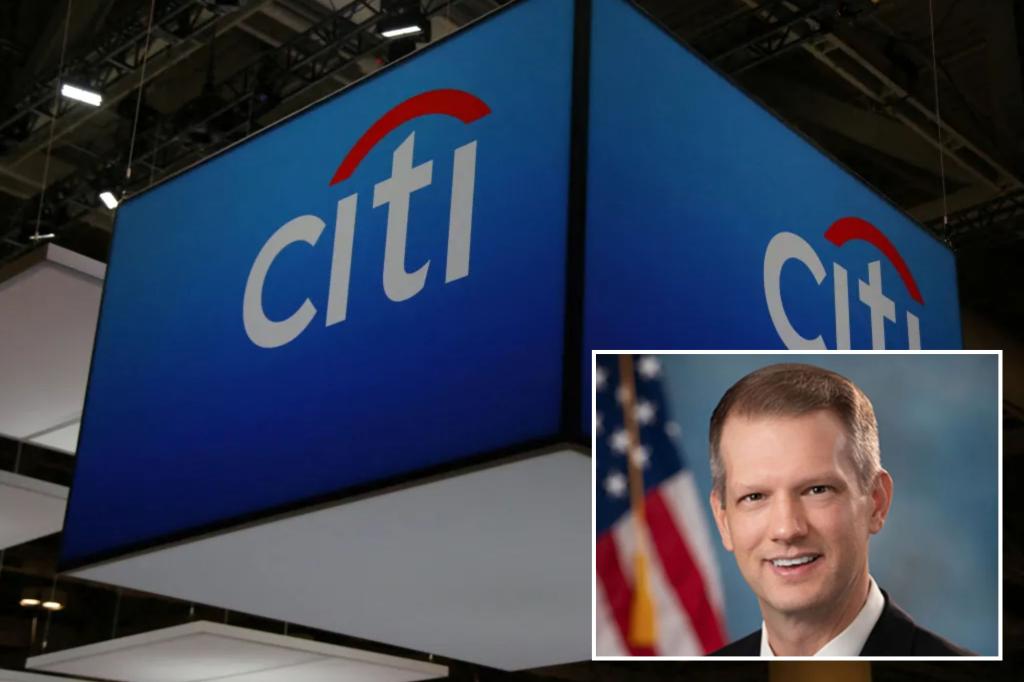The State of West Virginia recently banned four major financial institutions from entering into tens of billions of dollars worth of state contracts over their environmental policies. State Treasurer Riley Moore added Citigroup, TD Bank, HSBC, and The Northern Trust Company to the state’s Restricted Financial Institution List after determining that they are actively engaged in a boycott of the fossil fuel industry. This action was taken in accordance with a 2022 law passed by the state’s legislature to combat the sustainable investing movement. Moore emphasized the importance of standing by the fossil fuel industry, citing an increase in coal consumption globally.
The Investment and Banking Services Division of the West Virginia State Treasurer’s Office managed $22 billion in banking transactions last year. The four institutions listed by Moore, along with existing banks on the list, will no longer be able to bid on these transactions. Moore’s office conducted an extensive review of their environmental, social, and governance (ESG) policies before adding them to the Restricted Financial Institution List. The ESG movement calls for divesting from traditional energy industries and investing in green energy to address global warming.
Moore issued notices to the banks in late February warning them of the potential listing if they did not alter their ESG strategy or prove they were not boycotting the fossil fuel industry. While some banks were able to demonstrate that they were not engaging in such boycotts, others were listed on the Restricted Financial Institution List. The state treasurer commended institutions that cooperated to ensure fair treatment of the state’s critical industries. Moore’s announcement represents an expansion of the state’s efforts to push back against the ESG movement, including reviewing institutions not currently authorized to do business with the state.
The law empowering the West Virginia Office of the State Treasurer to list financial institutions that refuse to do business with coal, oil, or natural gas companies without a reasonable business purpose was enacted in 2022. Although the listed banks have argued that they do not boycott the fossil fuel industry, Moore has maintained his decision based on their ESG policies. BlackRock, Goldman Sachs, JPMorgan Chase & Co., Morgan Stanley, and Wells Fargo & Co. remain on the Restricted Financial Institution List alongside the recently added banks. Various institutions have defended their investments in the energy sector and their support for energy companies.
West Virginia Treasurer Riley Moore has been praised for leading the charge against the ESG movement by adding another four banks to the Restricted Financial Institution List. The State Financial Officers Foundation, a group that opposes ESG investments, commended Moore for his actions and continued efforts to stand up against ESG activism. While the listed banks have reiterated their support for energy companies and denied engaging in boycotts, Moore’s decision reflects the state’s commitment to supporting the fossil fuel industry and fighting against the divestment movement. The ongoing battle between financial institutions and states like West Virginia highlights the complex intersection of environmental policies and financial investments.


